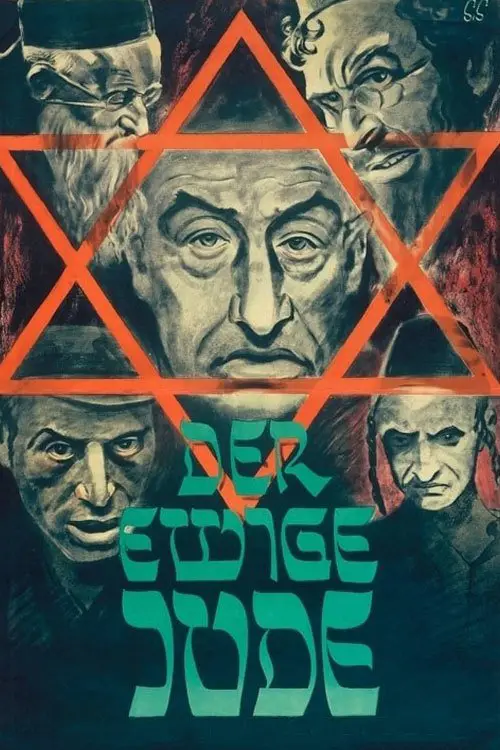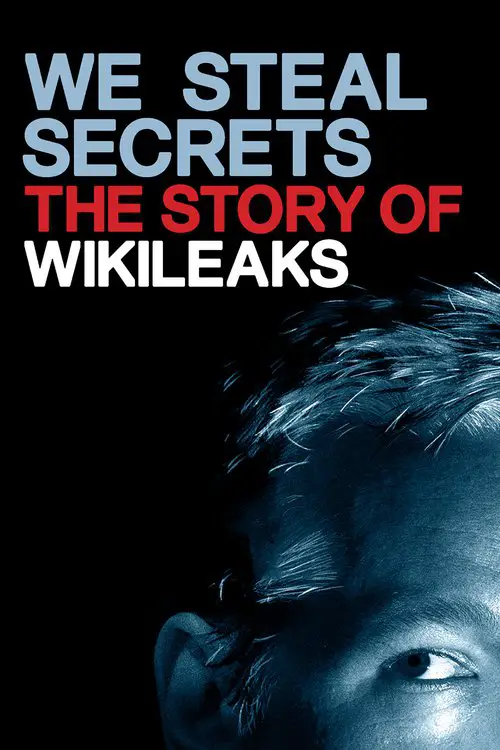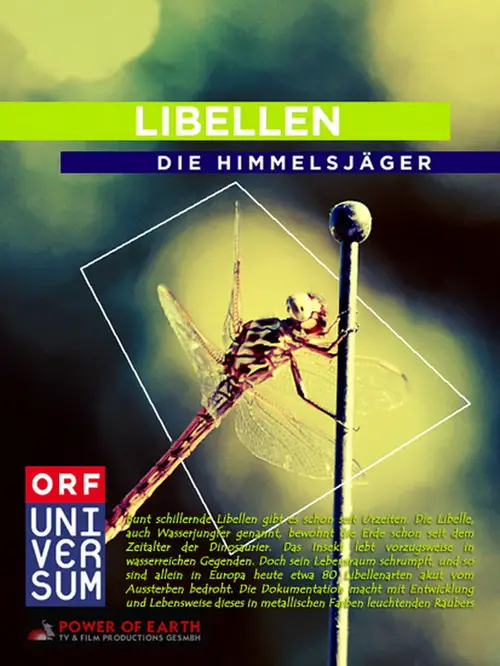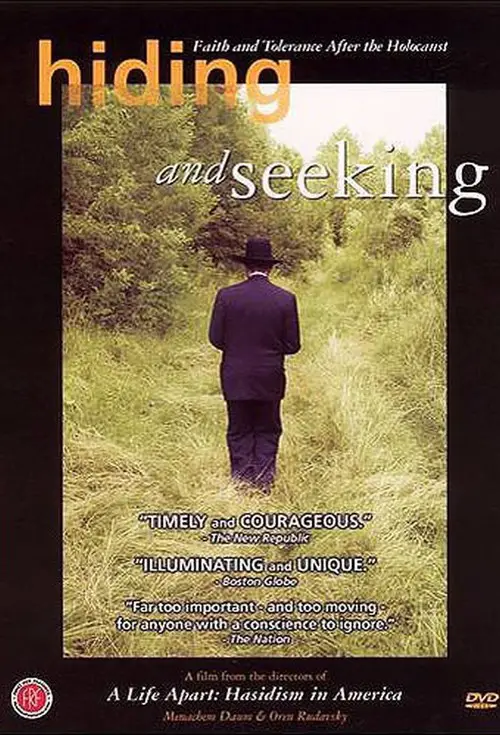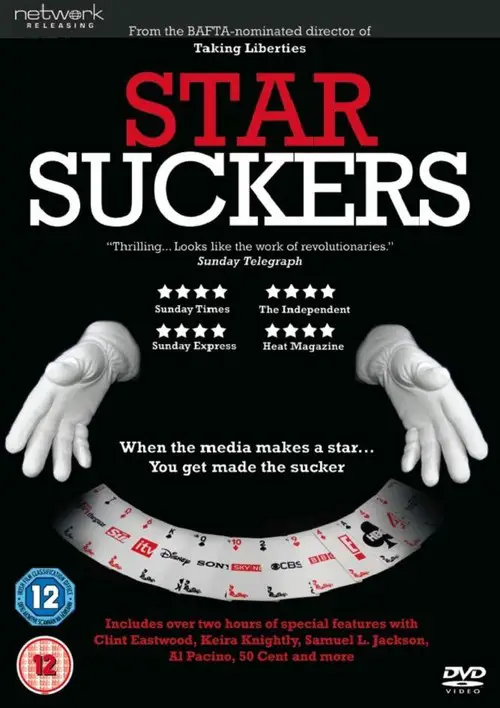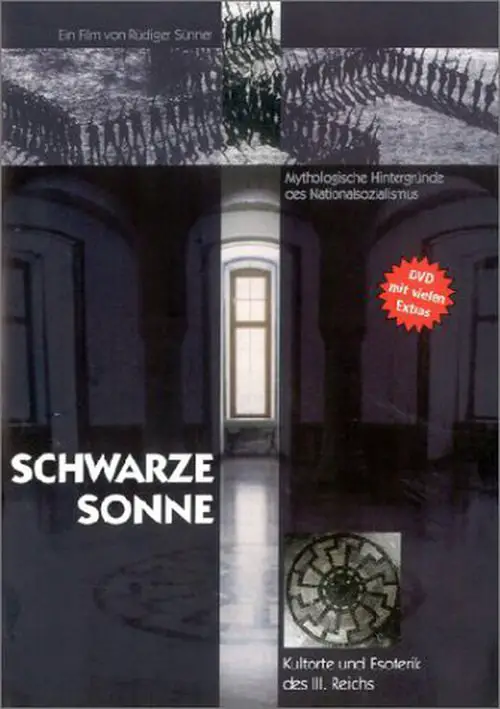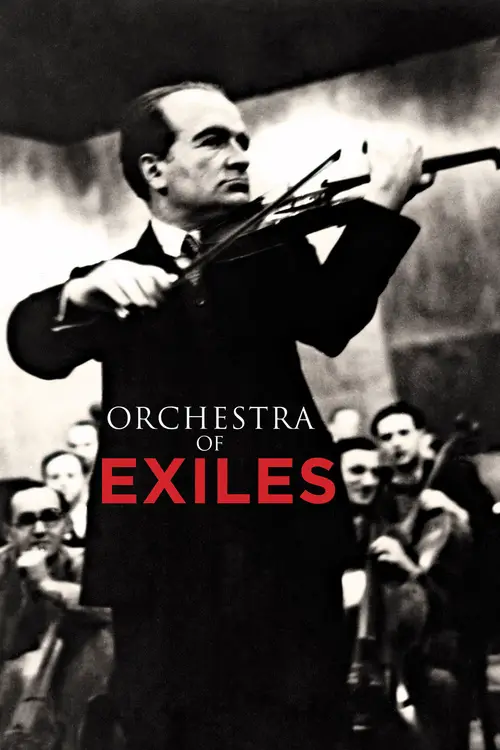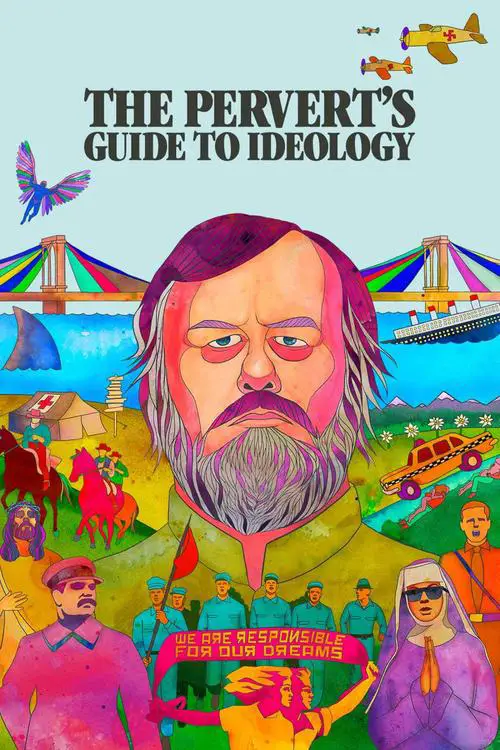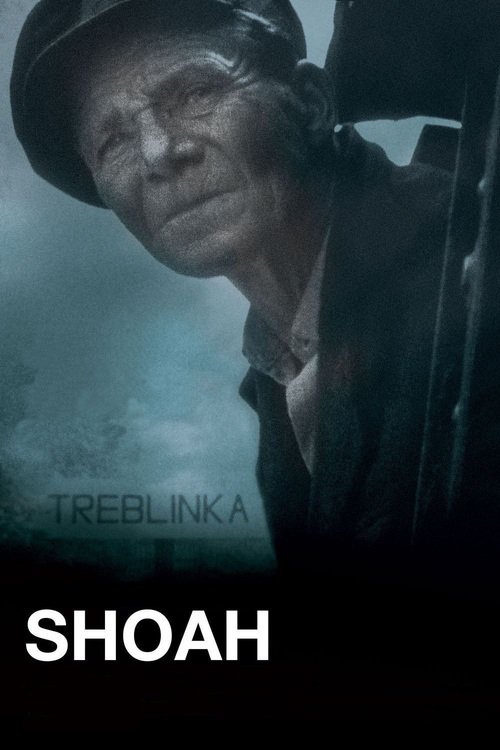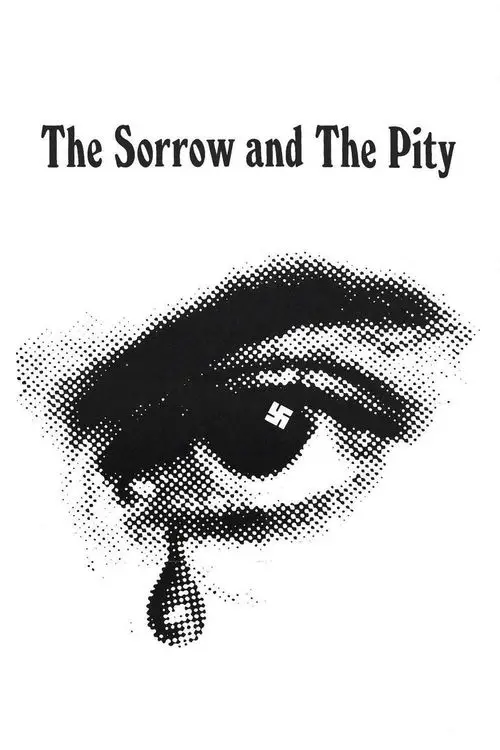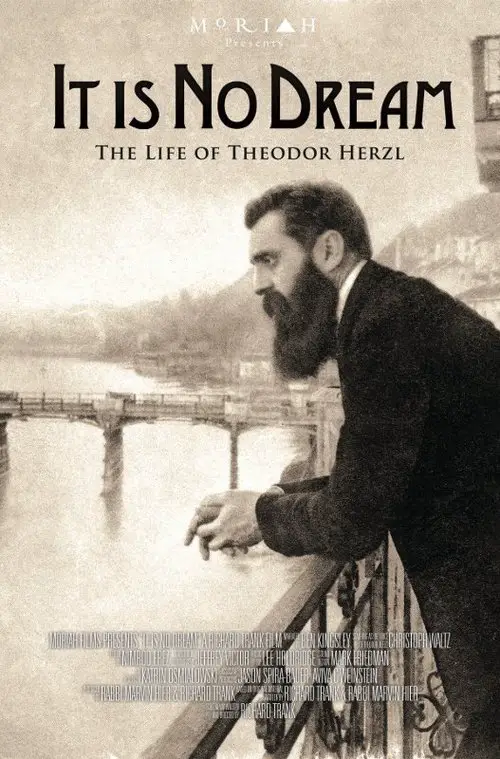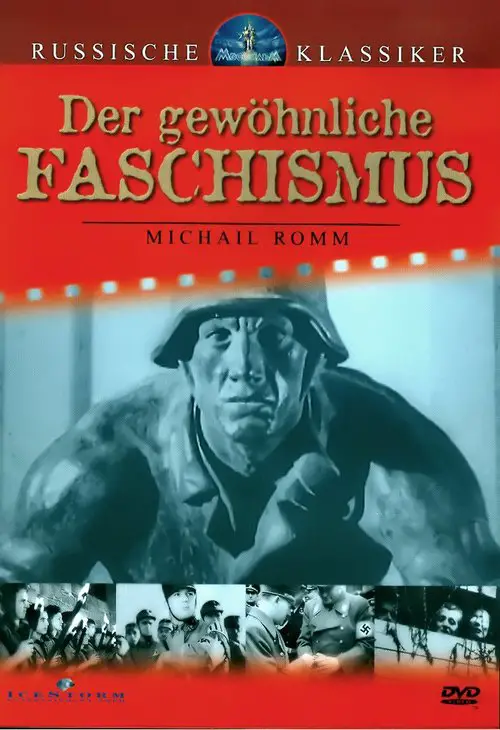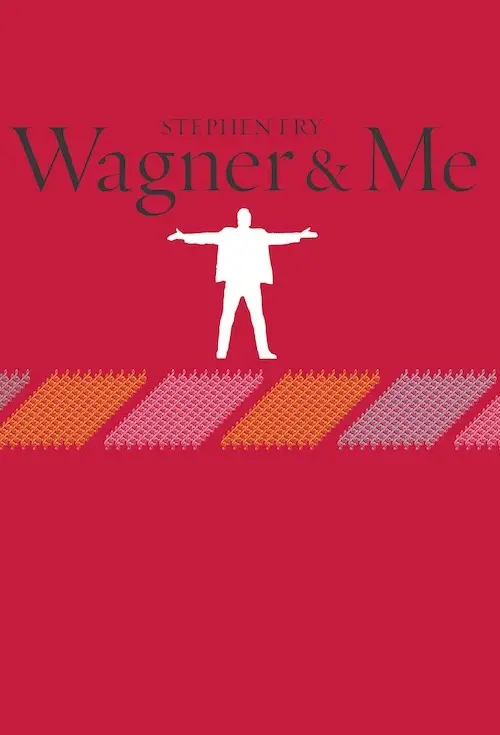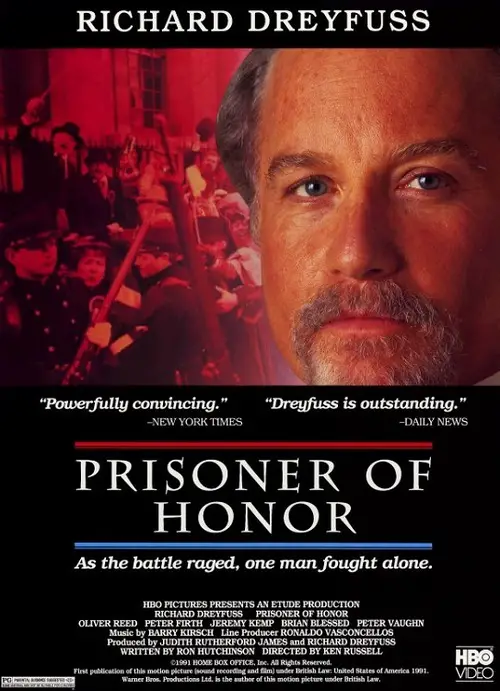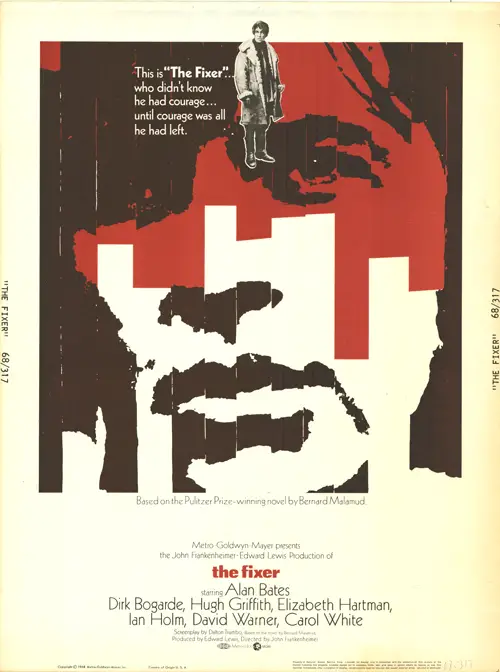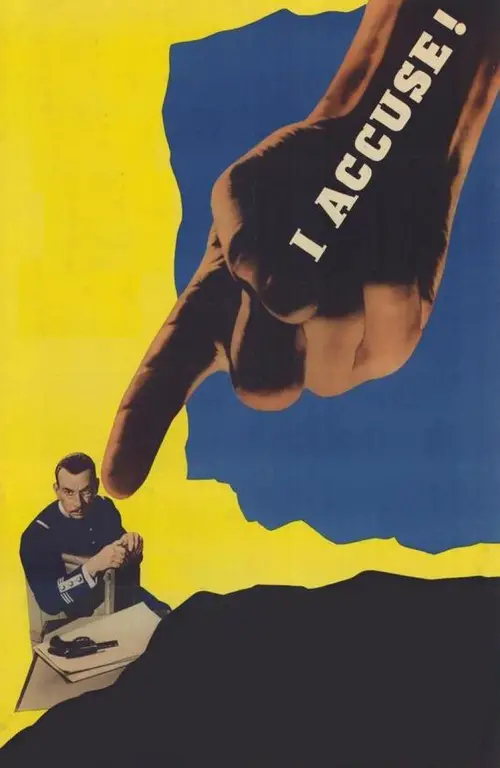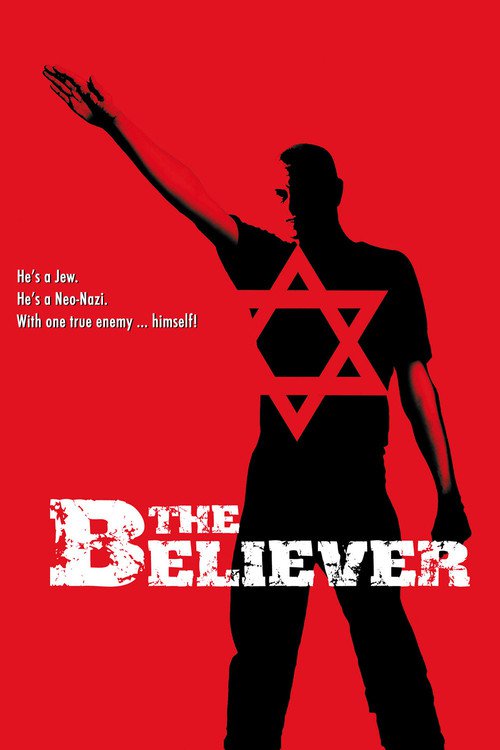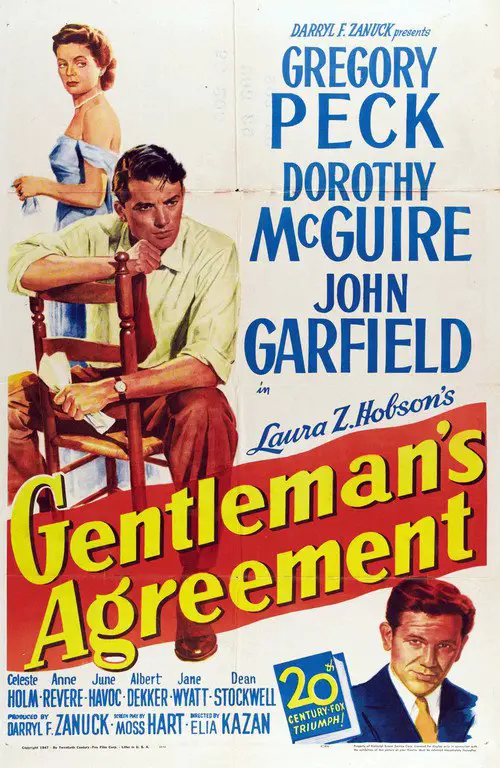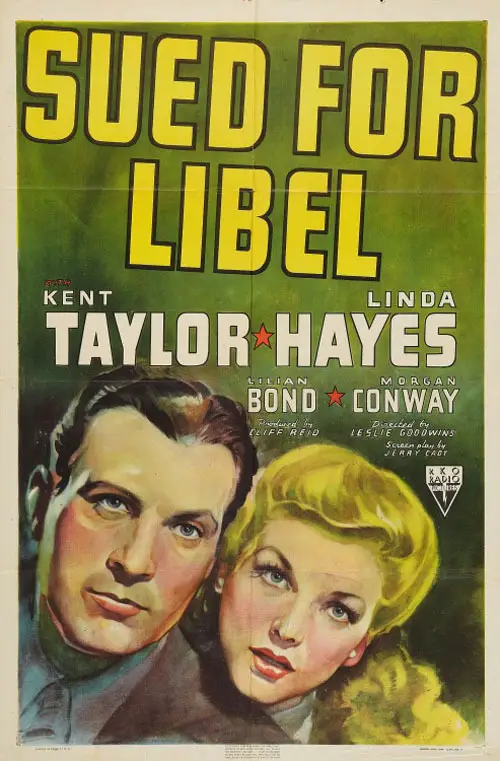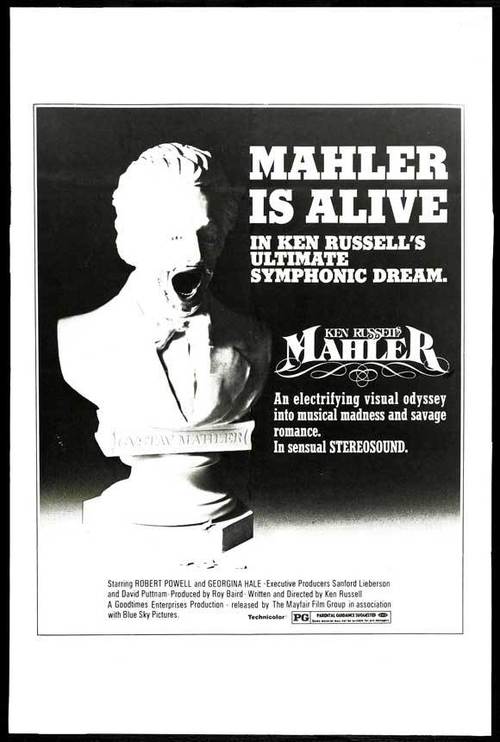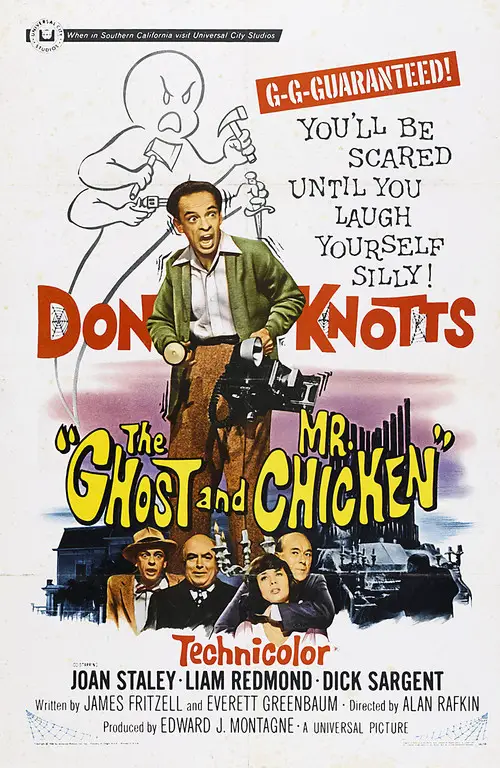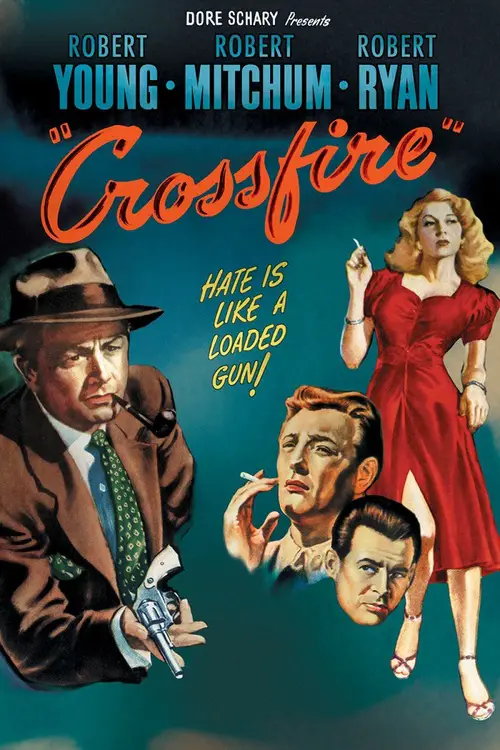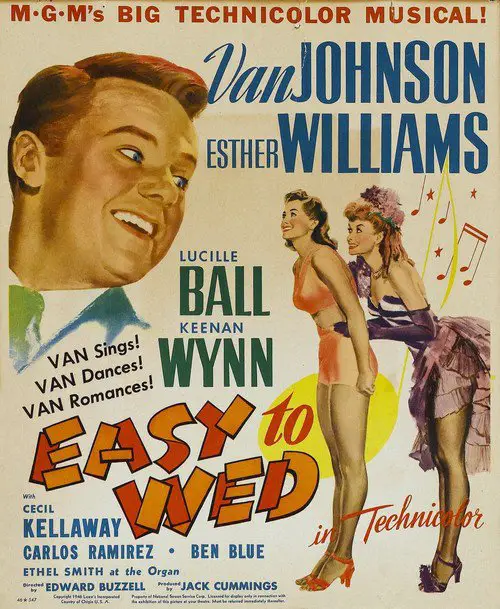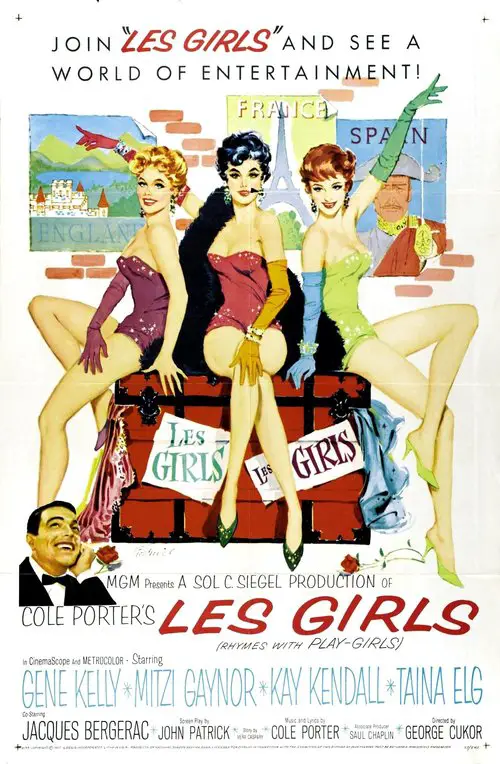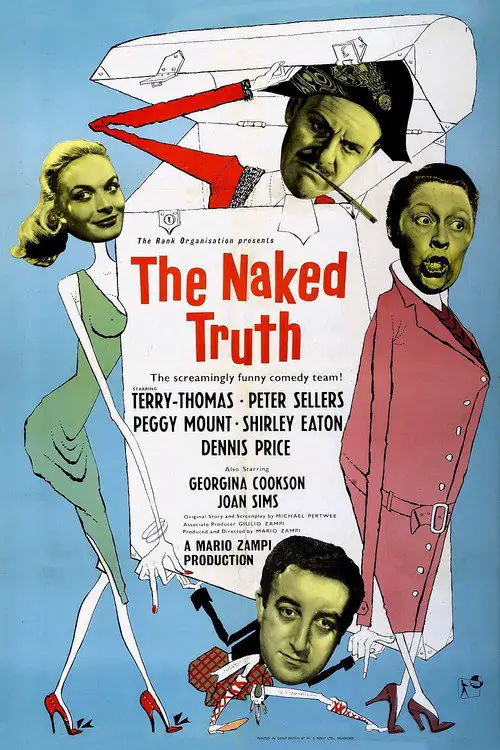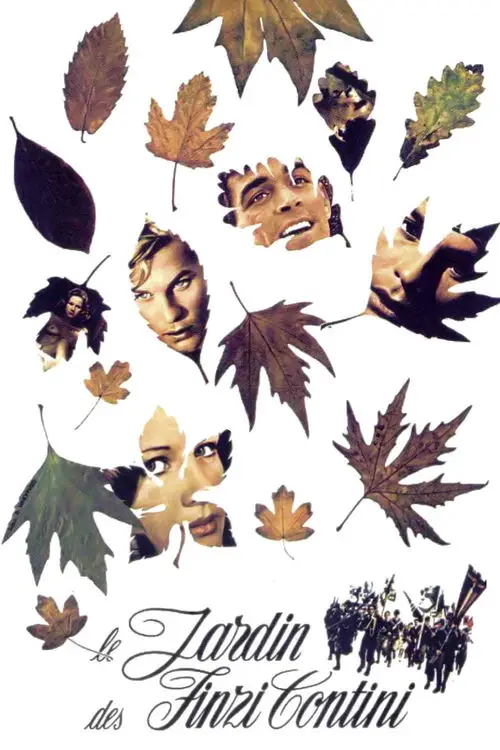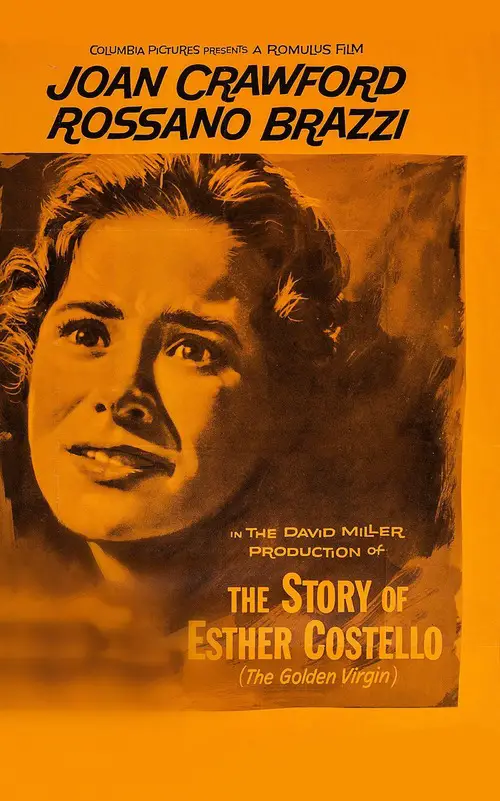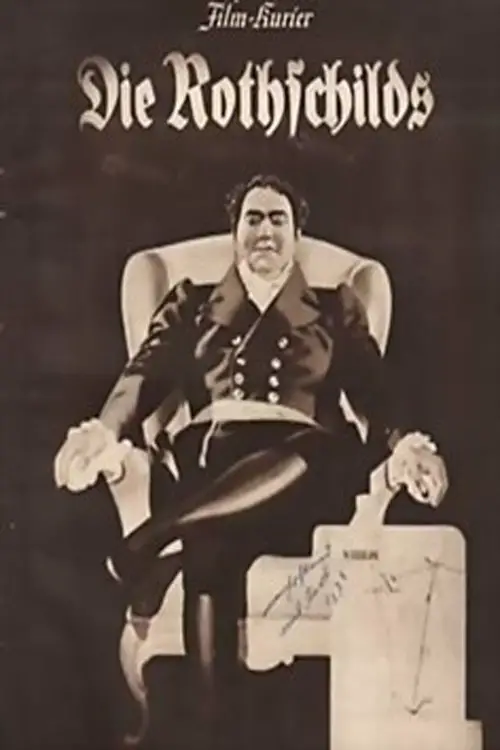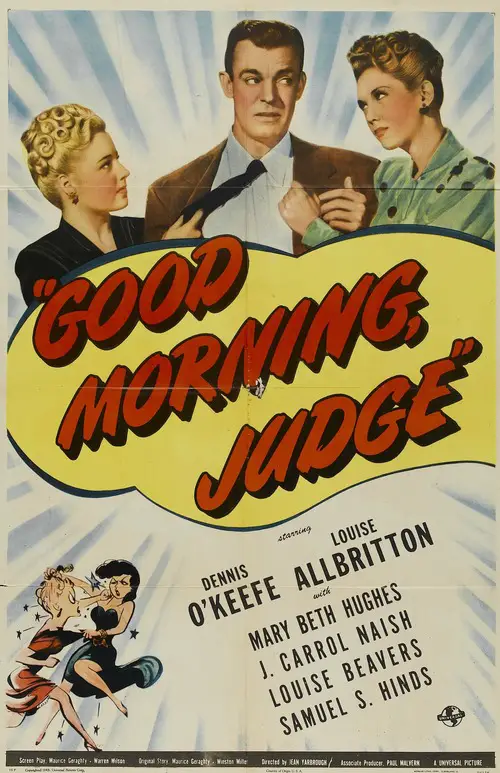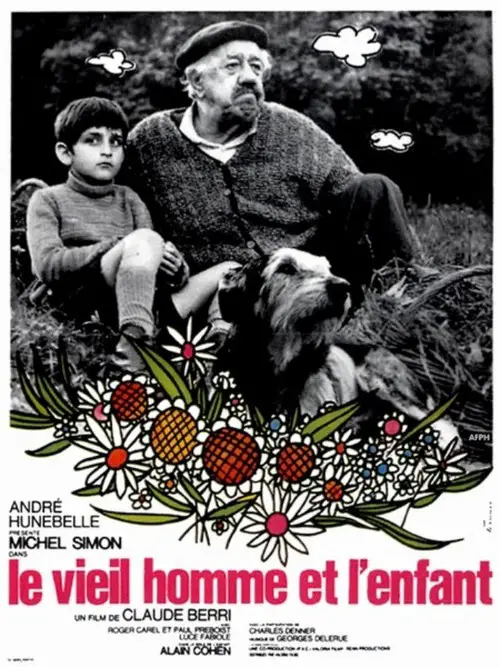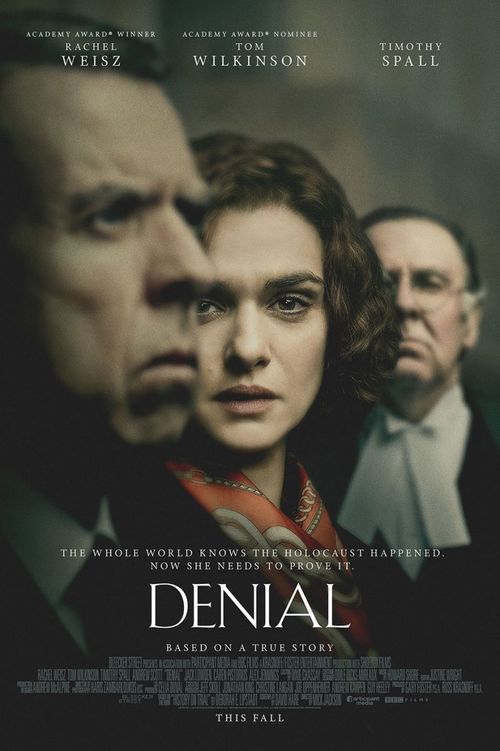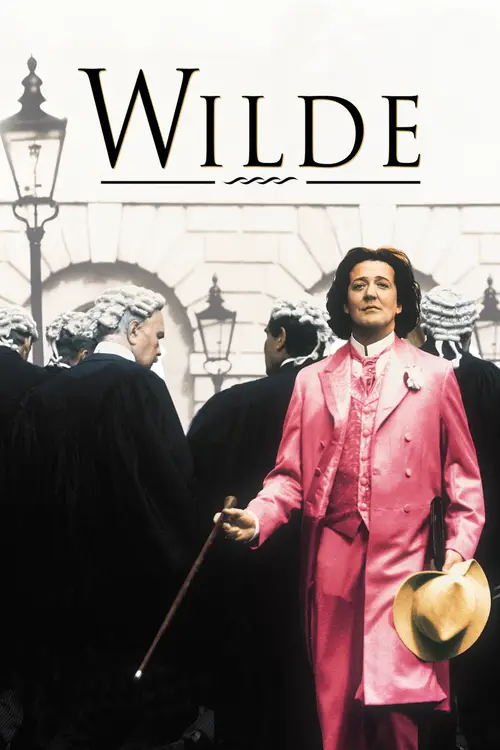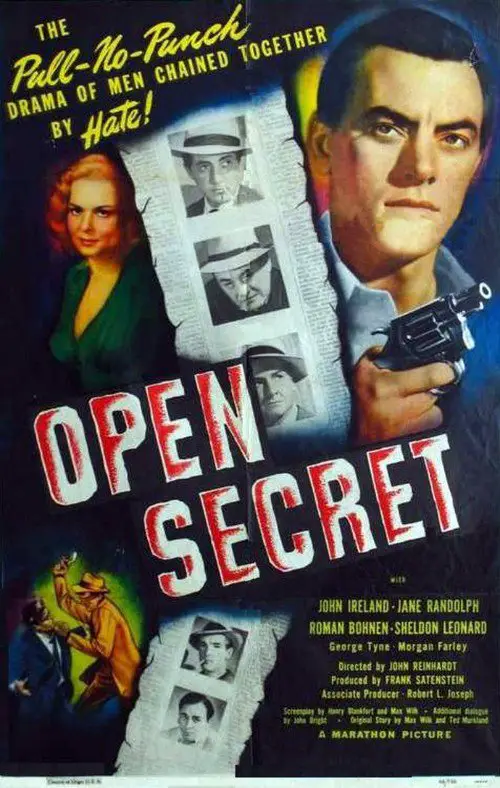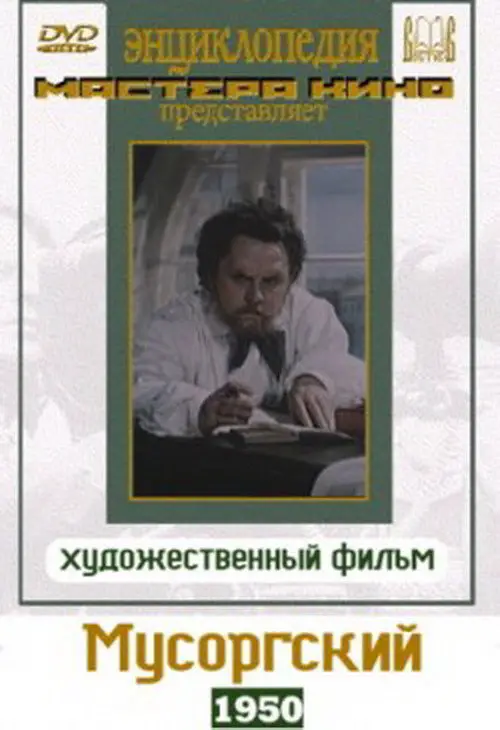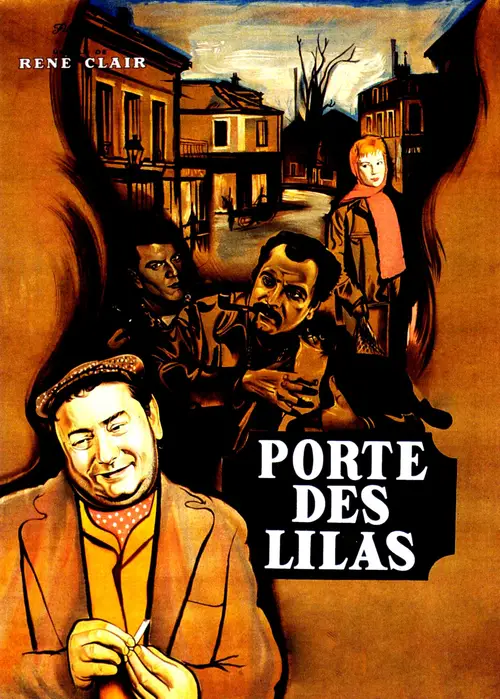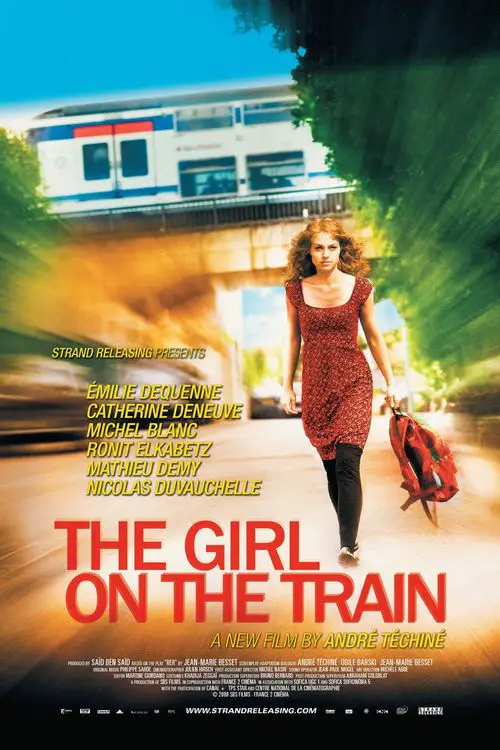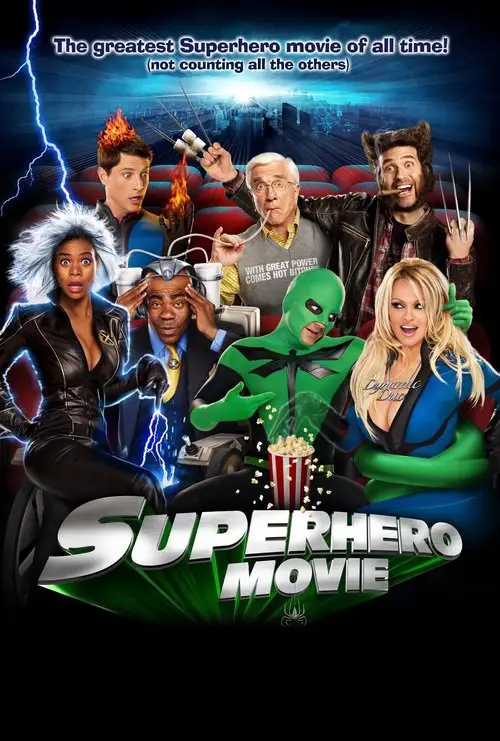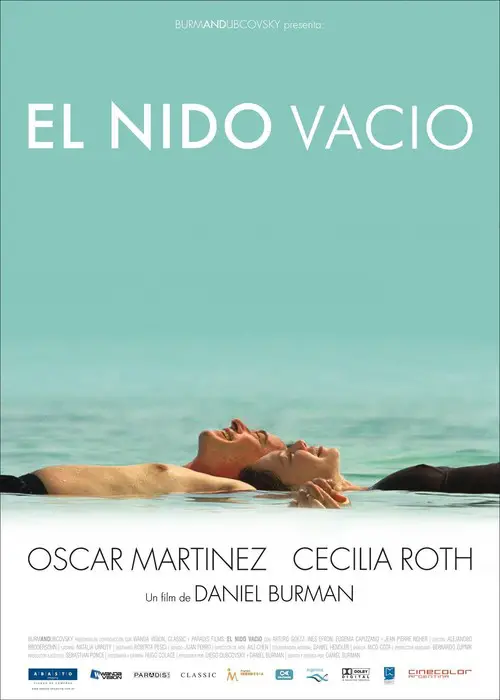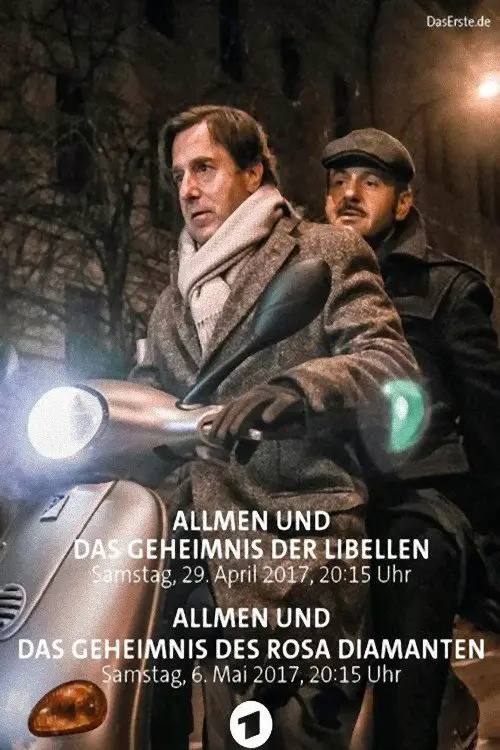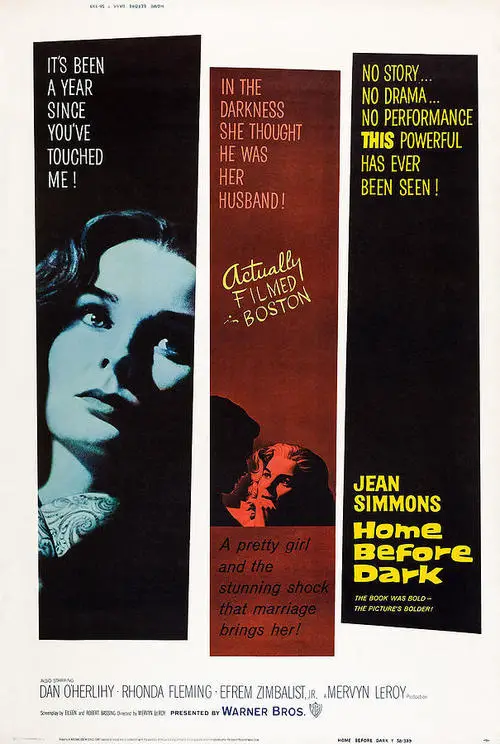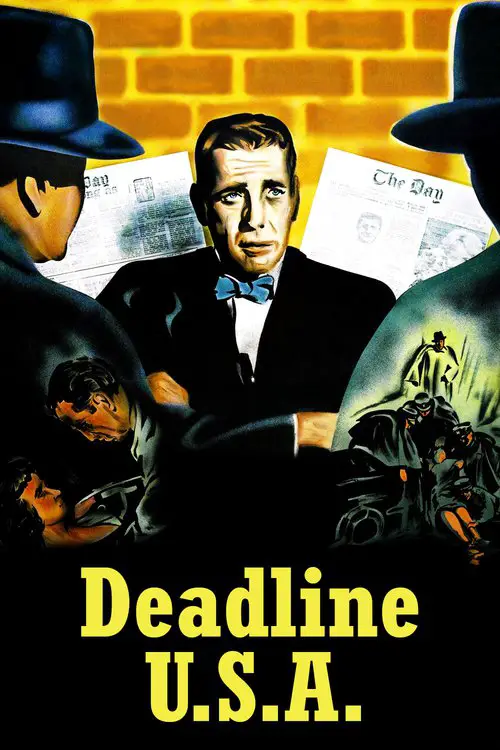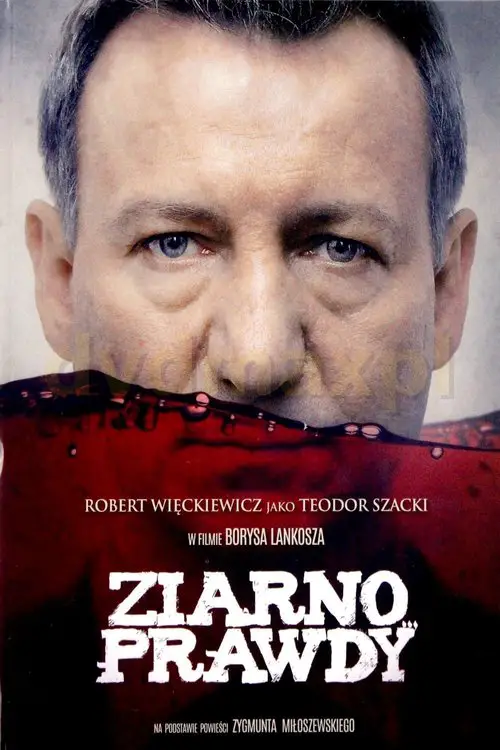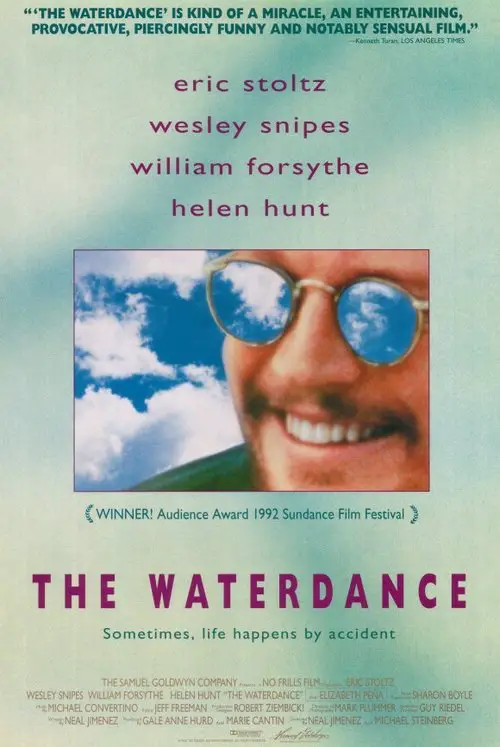Protocols Of Zion (2005)
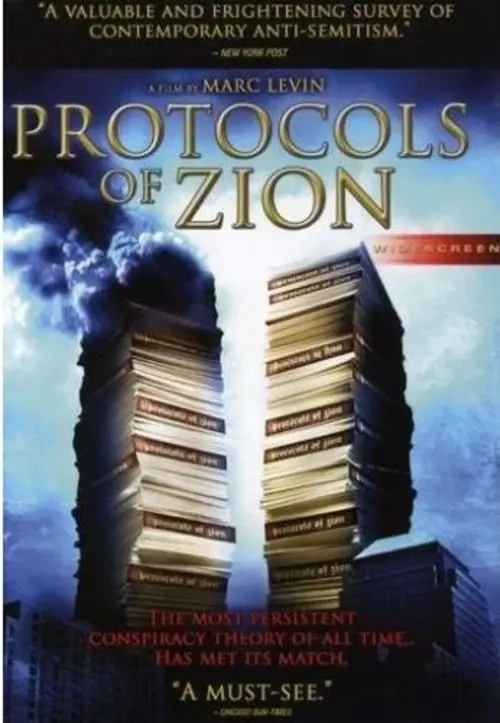
Similar movies
The Jews of Poland (invaded by Germany in 1939) are depicted as filthy, evil, corrupt, and intent on world domination. Street scenes are shown prejudicially, along with clips from Jewish cinema of the day and photos of Jewish celebrities, while the narrator "explains" the Jewish problem. The climax and resolution of the film is Hitler's 1939 announcement that the Jewish race will meet its "annihilation" (Vernichtung).
Julian Assange. Bradley Manning. Collateral murder. Cablegate. WikiLeaks. These people and terms have exploded into public consciousness by fundamentally changing the way democratic societies deal with privacy, secrecy, and the right to information, perhaps for generations to come. We Steal Secrets: The Story of WikiLeaks is an extensive examination of all things related to WikiLeaks and the larger global debate over access to information.
The Age of Stupid is the new movie from Director Franny Armstrong (McLibel) and producer John Battsek (One Day In September). Pete Postlethwaite stars as a man living alone in the devastated future world of 2055, looking at old footage from 2008 and asking: why didnât we stop climate change when we had the chance?
An Orthodox Jewish father tries to alert his adult sons to the dangers of creating impenetrable barriers between themselves and those outside their faith. He takes them on an emotional journey to Poland to track down the family who risked their lives to hide their grandfather for more than two years during World War II. Like many children of survivors, the sons feel that Poland is a country that is incurably anti-Semitic, but it is precisely here that they meet people who personify the highest levels of compassion
Starsuckers is the most controversial documentary of the year, and was released in British cinemas in November 2009 to critical acclaim. It's a darkly humourous and shocking exposé of the celebrity obsessed media, that uncovers the real reasons behind our addiction to fame and blows the lid on the corporations and individuals who profit from it.
A historical analysis of how groups such as the Naziâs may use language, symbols, and religious connotation in order to come to power. It raises questions that deserve in depth analysis and consideration. Questions include: Where do legends expand our thinking and where do they bury it? When does spiritual pursuit suddenly turn into fanaticism and violence? Last, have we as a society learned from our past, and if so have forgotten the lessons of the 20th Century? Are we now embarking on a new level only to learn the same old lessons about humanity again? In addressing these questions we are taken into the back drop of the history of Germany beginning in the late 1800âs through the late 20th Century at the eve of the 21st. âA society that does not take archetypes, myths, and symbols seriously will possibly be jumped by them from behind.â
British historian and author Niall Ferguson explains how big money works today as well as the causes of and solutions to economic catastrophes in this extended version The Ascent of Money documentary. Through interviews with top experts, such as former Federal Reserve Chairman Paul Volcker and American currency speculator George Soros, the intricate world of finance, including global commerce, banking and lending, is examined thoroughly.
Explores the making of Charles Chaplin's first "talkie" Diktatorn (1940) and draws many things that between Chaplin and Hitler had in common. The film contains colour home movie footage of the film's production which where shot by Charles' brother Sydney. These never before seen films were discovered by his daughter Victoria while looking though an old suitcase she found in the basement. The raw footage gives us an alternate insight to Chaplin's classic film which started production years before Adolf Hitler was seen as a major threat in the western world.
Claude Lanzmann directed this 9 1/2 hour documentary of the Holocaust without using a single frame of archive footage. He interviews survivors, witnesses, and ex-Nazis (whom he had to film secretly since they only agreed to be interviewed by audio). His style of interviewing by asking for the most minute details is effective at adding up these details to give a horrifying portrait of the events of Nazi genocide. He also shows, or rather lets some of his subjects themselves show, that the anti-Semitism that caused 6 million Jews to die in the Holocaust is still alive in well in many people that still live in Germany, Poland, and elsewhere.
From 1940 to 1944, France's Vichy government collaborated with Nazi Germany. Marcel Ophüls mixes archival footage with 1969 interviews of a German officer and of collaborators and resistance fighters from Clermont-Ferrand. They comment on the nature, details and reasons for the collaboration, from anti-Semitism, xenophobia, and fear of Bolsheviks, to simple caution. Part one, "The Collapse," includes an extended interview with Pierre Mendès-France, jailed for anti-Vichy action and later France's Prime Minister. At the heart of part two, "The Choice," is an interview with Christian de la Mazière, one of 7,000 French youth to fight on the eastern front wearing German uniforms.
The latest production of Moriah Films is It Is No Dream: The Life of Theodor Herzl, exploring the life and times of Theodor Herzl, father of the modern state of Israel. Narrated by Academy Award winner, Sir Ben Kingsley and starring Academy Award winner Christoph Waltz as the voice of Theodor Herzl, the film examines how Herzl, a well known journalist and playwright, an assimilated, Budapest born Jew, horrified by the Dreyfus trial in Paris and the anti-Semitism he saw spreading across Europe, took upon himself the task of attempting to create a Jewish homeland in Palestine against all odds. Over the span of 8 years, Herzl organized and led a worldwide political movement that within 50 years led to the establishment of the state of Israel. The film follows Herzl as he meets with Kings, Prime Ministers, Ambassadors, a Sultan, a Pope and government ministers from Constantinople to St. Petersburg, from Paris to Berlin, from Vienna to Vilna in his quest to build a Jewish nation.
First and foremost, Frank Gehry is an artist. Described as a young child as having golden hands, Frank begins his creation through sketch. Forming thought into substantive sculpture, the marriage of art and architechure is brought to life. Join director Sydney Pollack on a journey into the world and work of the most important architect of our Age.
Romm's "Ordinary Fascism" pulls out all the stops in its selection of documentary material to draw the viewer not only into absolute horror about fascism and nazism in the 1920s-1940s Europe, but also to a firmest of convictions that nothing of the sort should be allowed to happen again anywhere in the world.
Set in tsarist Russia around the turn of the century and based on a true story of a Russian Jewish peasant Yakov Bog who was wrongly imprisoned for a most unlikely crime - the âritual murderâ of a Gentile child in Kiev. We witness the unrelenting detail of the peasant-handyman's life in prison and see him gain in dignity as the efforts to humiliate him and make him confess fail.
Philip Green is a highly respected writer who is recruited by a national magazine to write a series of articles on anti-Semitism in America. He's not too keen on the series, mostly because he's not sure how to tackle the subject. Then it dawns on him: if he was to pretend to all and sundry that he was Jewish, he could then experience the degree of racism and prejudice that exists and write his story from that perspective. It takes little time for him to experience bigotry. He soon learns the liberal-minded firm he works for doesn't hire Jews and that his own secretary changed her name and kept the fact that she is Jewish a secret from everyone. Green soon finds that he won't be invited to certain parties, that he cannot stay in so-called 'restricted' hotels and that his own son is called names in the street. His anger at the way he is treated also affects his relationship with Kathy Lacy, his publisher's niece and the person who suggested the series in the first place.
The film begins on a train journey with Gustav Mahler (Robert Powell) and his wife Alma (Georgina Hale) confronting their failing marriage. The story is then recounted in a series of flashbacks (some of which are surrealistic and nightmarish), taking one through Mahler's childhood, his brother's suicide, his experience with anti-semitism, his conversion from Judaism to Catholicism, his marital problems, and the death of his young daughter. The film also contains a surreal fantasy sequence involving the anti-Semitic Cosima Wagner (Antonia Ellis), widow of Richard Wagner, whose objections to his taking control of the Court Opera were supposedly removed by his conversion to Catholicism. In the process, the film explores Mahler's music and its relationship to his life.
Luther Heggs aspires to being a reporter for his small town newspaper. He gets his big break when the editor asks him to spend the night at the Simmons mansion that, 20 years before, was the site of a now famous murder-suicide. Luther's account of his wild, ghost-ridden night in the house leads Simmons to sue for libel, but with the aid of his friend Kelsey they determines what exactly happened.
After writing a tell-all book about her days in the dance troupe "Barry Nichols and Les Girls", Sybil Wren is sued for libeling her fellow dancer Angele. A Rashômon style narrative presents the story from three points of view where Sybil accuses Angele of having an affair with Barry, while Angele insists that it was actually Sybil who was having the affair. Finally, Barry gives his side of the story.
When David Greene receives a football scholarship to a prestigious prep school in the 1950s, he feels pressure to hide the fact that he is Jewish from his classmates and teachers, fearing that they may be anti-Semitic. He quickly becomes the big man on campus thanks to his football skills, but when his Jewish background is discovered, his worst fears are realized and his friends turn on him with violent threats and public ridicule.
Nigel Dennis publishes a scandal magazine. But for each story he writes, he first approaches the person whose scandalous behavior is described (or rather implied, to avoid any libel suit) and says he will suppress the story in return for money. Several of his victims first decide individually to kill him instead of paying, but fail in amusing ways. Then they find that to protect their various secrets they must now join forces for a rather different purpose...
In late 1930s Ferrara, Italy, the Finzi-Continis are a leading family: wealthy, aristocratic, and urbane; they are also Jewish. Their adult children, Micol and Alberto, gather a diverse circle of friends for tennis and parties at their villa with its lovely grounds, and try to keep the rest of the world at bay. But tensions between them all grow as anti-Semitism rises in Fascist Italy, and even the Finzi-Continis will have to confront the Holocaust.
Eighteen-year-old Esther has been deaf and blind since the accident which killed her mother. Wealthy Margaret Landi, a native of Esther's village in Ireland, is talked into helping to educate and possibly heal Esther. Margaret grows to love Esther as a daughter, but finds Esther's innocence threatened by sleazy promoters and her own sleazy ex-husband. Radiant performance by Heather Sears. Based on a book that nearly had Helen Keller's co-workers suing for libel due to perceived parallels between Carlo Landi and the husband of Annie Sullivan
A film based on the semi-autobiographical novel of the same name by American writer Jonathan Safran Foer, in which a young Jewish American man endeavorsâwith the help of eccentric, distant relativesâto find the woman who saved his grandfather during World War II, in a Ukrainian village which was ultimately razed by the Nazis.
The story of Oscar Wilde, genius, poet, playwright and the First Modern Man. The self-realisation of his homosexuality caused Wilde enormous torment as he juggled marriage, fatherhood and responsibility with his obsessive love for Lord Alfred Douglas, nicknamed Bosie. After legal action instigated by Bosie's father, Wilde refused to flee the country and was sentenced to to two years at hard labour
Saint Petersburg, 1858. A group of composers known as The Five meet at Balakirev's. Young Modest Mussorgsky, both a civil servant and a musician, has become a fixture there. He tells about the first opera he plans to compose. Then he goes to the country where he discovers the lowly conditions of the peasants and the bloody conflicts with the rich land owners. He works on Gogol's 'The Marriage', trying to render into music the natural accents of the play's naturalistic dialogue. But his efforts do not pan out. On the other hand, he starts writing his opera on the story of Boris Godunov. The Marinsky Theatre refuses to stage the work. The Five, and Mussorgsky among them, are libeled and the group starts disintegrating. When 'Boris Godunov' is finally performed in 1874, it is a popular success.
Juju, a drunken oaf who feels the need of being important to someone---anyone---and his friend The Artist are forced at gunpoint to house a fugitive, Pierre Barbier, in Juju's broken-down home. The urge for being needed is such in Juju that he gives up drinking and takes care of Pierre. But one day Juju finds out that Pierre has been making love to his girl Maria...
The Girl on the Train is a 2009 French drama film directed by André Téchiné. Jeanne is a young woman, striking but otherwise without qualities. Her mother tries to get her a job in the office of a lawyer, Bleistein, her lover years ago. Jeanne fails the interview but falls into a relationship with Franck, a wrestler whose dreams and claims of being in a legitimate business partnership Jeanne is only too happy to believe. When Franck is arrested, he turns on Jeanne for her naivety; she's stung and seeks attention by making up a story of an attack on a train. Is there any way out for her?
The story of an old Jewish widow named Daisy Werthan and her relationship with her colored chauffeur Hoke. From an initial mere work relationship grew in 25 years a strong friendship between the two very different characters in a time when those types of relationships where shunned upon. Oscar winning tragic comedy with a star-studded cast and based on a play of the same name by Alfred Uhry.
A big shot prosecutor Teodor Szacki divorces his wife and leaves Warsaw to âstart a new lifeâ in picturesque town in southÂeast Poland  Sandomierz. After a short while he is called in to investigate a strange and mysterious murder case. Alienated in provincial reality he struggles to find a killer, when he stumbles upon more victims. While the investigation continues he realizes that all murders are connected to alleged historical Jewish ritual killings. Those murders prompt a wave of antiÂSemitic hysteria in the town. In his investigation Szacki must wrestle with the painful tangle of PolishÂJewish relations and real findings of his work  that roots of some legends arefantasy, not a grain of truthâ¦
An oft overlooked film about struggling to deal with paralysis. Author Joel Garcia breaks his neck while hiking, and finds himself in a rehab center with Raymond, an exaggerating ladies man, and Bloss, a racist biker. Considerable tension builds as each character tries to deal with his new found handicap and the problems that go with it, especially Joel, whose lover Anna is having as difficult a time as he is
© Valossa 2015–2026
| Privacy Policy
